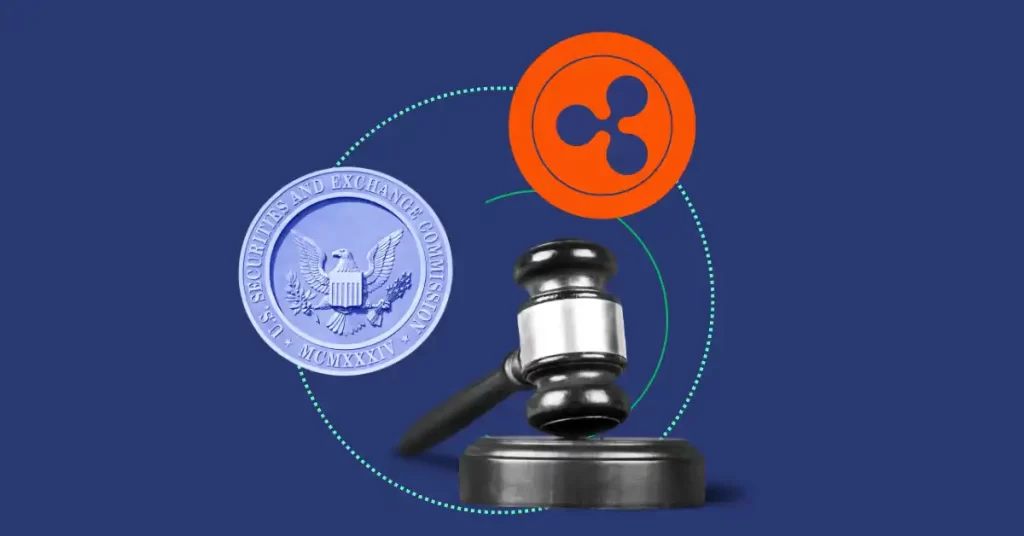ARTICLE AD BOX

The post Ripple vs SEC Final Judgement Soon : SEC Files Redacted Remedies Reply Brief appeared first on Coinpedia Fintech News
The Securities and Exchange Commission (SEC) has submitted its redacted remedies reply brief along with supporting exhibits, setting the stage for a potentially landmark ruling.
As the legal battle heats up, all eyes are on the impending final judgment that could reshape things for Ripple and similar entities in the cryptocurrency sector.
Ripple’s Legal Woes: A Closer Look
The core of the SEC’s argument hinges on whether Ripple’s past actions are likely to recur. Citing previous court decisions, the SEC underscores the ongoing risk posed by Ripple’s business operations, which continue to involve unregistered sales of its XRP token.
Since 2013, Ripple’s primary business has revolved around these sales, and the company has plans to issue a new unregistered crypto asset, which further complicates its legal standing.
Ripple’s history of major unregistered dealings, including its Over-the-Counter (OTC) Institutional Sales up to 2020, has been clearly documented in court filings.
Despite no new violations post-2020, the nature of Ripple’s activities makes future infractions a distinct possibility, warranting the need for an injunction to prevent recurrence.
Debating the Merits of an Injunction
The SEC’s filing meticulously addresses Ripple’s counterarguments. Ripple claims it has not acted recklessly and cites the “widespread uncertainty” about the legal status of XRP as a defense. However, the court has previously dismissed this “fair notice” defense, and similar defenses have failed in other related cases against firms like Coinbase.
Ripple also attempted to downplay its liability by highlighting its voluntary cooperation with the SEC since 2013. Nevertheless, the SEC argues that such cooperation does not negate the need for injunctive relief, as past behavior, including defiance of legal advice against selling XRP as an investment, indicates a pattern of disregard for regulatory compliance.
Further complicating matters, Ripple asserts that it has made significant changes to avoid future violations. These assurances, however, are viewed skeptically by the SEC, which argues that Ripple’s changes are insufficient and based on a misunderstanding of legal guidelines on how to structure its sales legally.
The discussion extends to the financial ramifications of Ripple’s actions, where the SEC refutes Ripple’s challenges to the disgorgement of ill-gotten gains.
According to the SEC, Ripple’s failure to disclose certain financial terms has harmed institutional investors, who might have paid less had they been fully informed about discounts and pricing strategies.
.png)
 6 months ago
4
6 months ago
4








 English (US)
English (US)